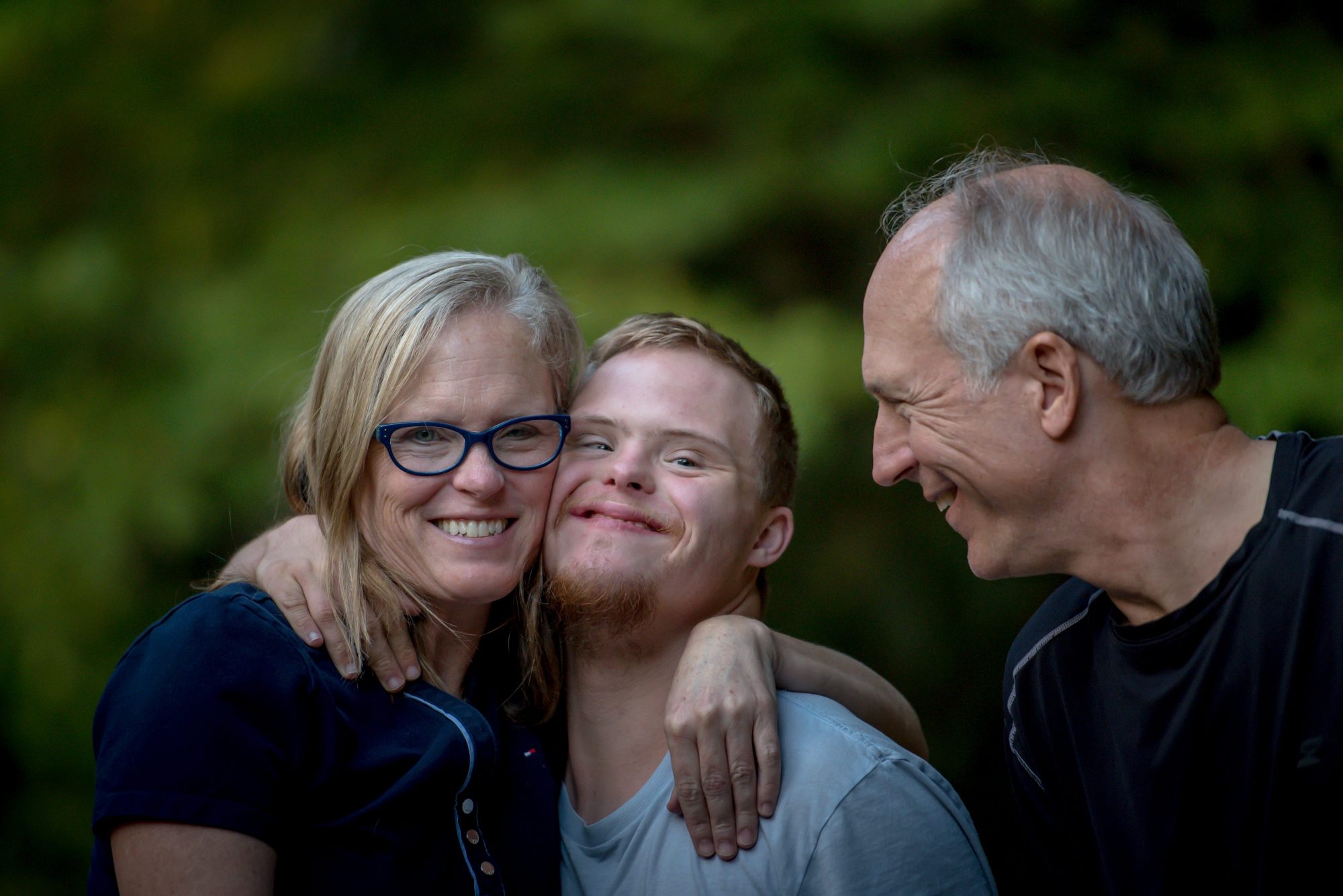Preventing Challenging Behaviour of adults with complex needs in supported accommodation
Research Team: Prof Peter McGill, Leah Vanono, Will Clover, Emmett Smyth, Vivien Cooper, OBE, Lisa Hopkins, Nick Barratt, Christopher Joyce, Kate Henderson, Susy Davis & Roy Deveau
Research
Brief synopsis:
Background – While challenging behaviour is often managed as though it were a problem of individuals, there is widespread recognition of its frequent relationship with the quality of social care. This project set out to evaluate the impact of a strategy for improving social care on challenging behaviour and associated outcomes.
Method – Twenty four settings were randomly allocated to the experimental or control group. Within the experimental group, social care practice was reviewed. Improvement programmes were operationalised as standards to be achieved during the intervention. Their achievement was supported through a range of activities centred on coaching managers and staff to enhance their performance and draw more effectively on existing resources. Progress was monitored monthly over approximately 9 months with a visual record of change being fed back to each setting. Data on people with learning disabilities and the staff supporting them allowed comparison of experimental and control groups before and after the intervention. Further data are currently being collected 12-18 months later to evaluate maintenance of change.
Results – 80% of standards set were achieved across settings. Structured observations blind to group membership showed substantial improvements in staff performance (e.g. inactivity provision, choice and demand presentation). Ratings of challenging behaviour showed substantial and significant reductions in the experimental group. Staff reported a better quality of working life and many said they had gained skills and found the intervention enjoyable.
Conclusions – some challenging behaviour in social care settings may be prevented by relatively simple interventions which attend to the quality of social care support, especially with respect to communication, health, activities, relationships and the wider social and physical environment.
Posters/Presentations
Seattle Club poster December 2013
IASSIDD presentation July 2014
Tizard Centre Seminar November 2014
Seattle Club Presentation December 2014
Presentation to local practitioners May 2015
Presentation to Dimensions October 2015
